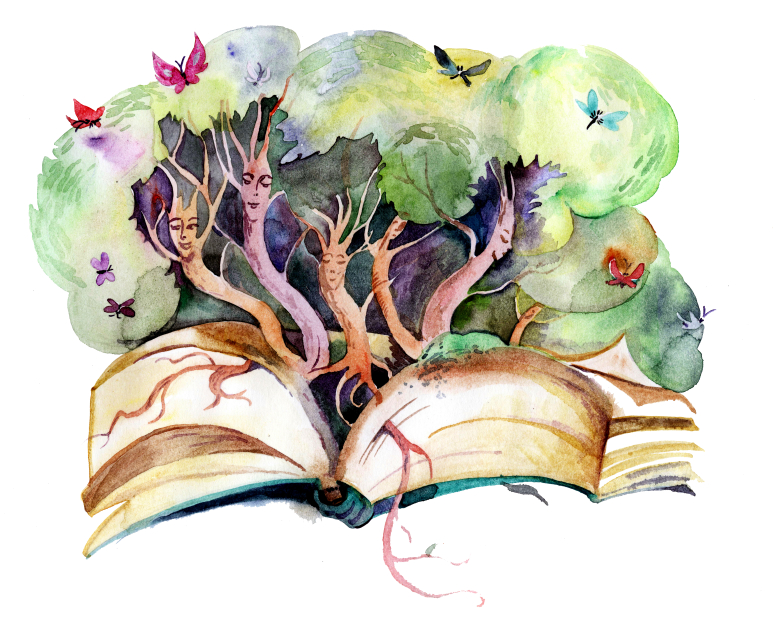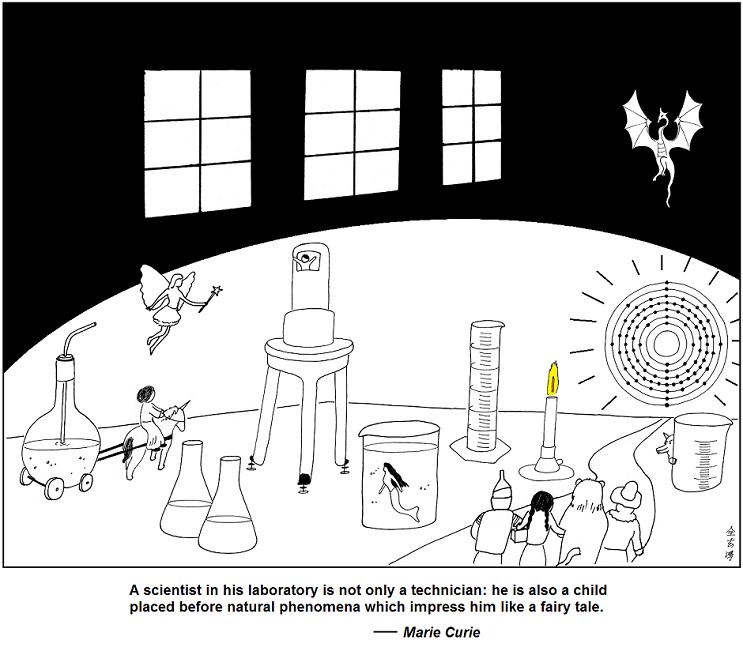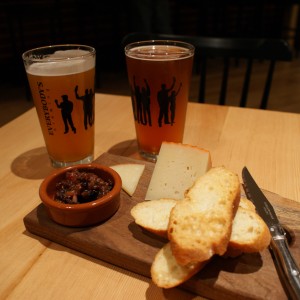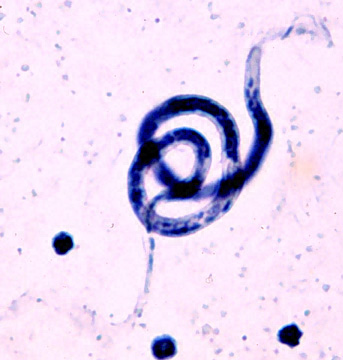First, a warning: Normally LaWonians talk about science. Today I failed. This post has nothing to do with science. I’m sorry.
Marilyn Hagerty, a restaurant reviewer for the Grand Forks Herald, never expected to be famous. But then a new Olive Garden opened in Grand Forks. Hagerty reviewed it. And the rest is cyberspace history.
Someone sent the link to someone else, who posted it on Twitter. The tweet got retweeted, or maybe posted as a modified tweet along with a sarcastic comment. And then some blogger spotted it. He smacked his lips with glee and marshaled all his snark. And then he wrote a biting commentary on her review. That post delighted some other blogger and so on and so forth.* A day after Hagerty’s review went live, she was on Gawker, Boing Boing and The Village Voice. The Grand Forks Herald’s Olive Garden review is now on the cusp of garnering a million page views. Continue reading





 We’re delighted that science and travel journalist
We’re delighted that science and travel journalist 